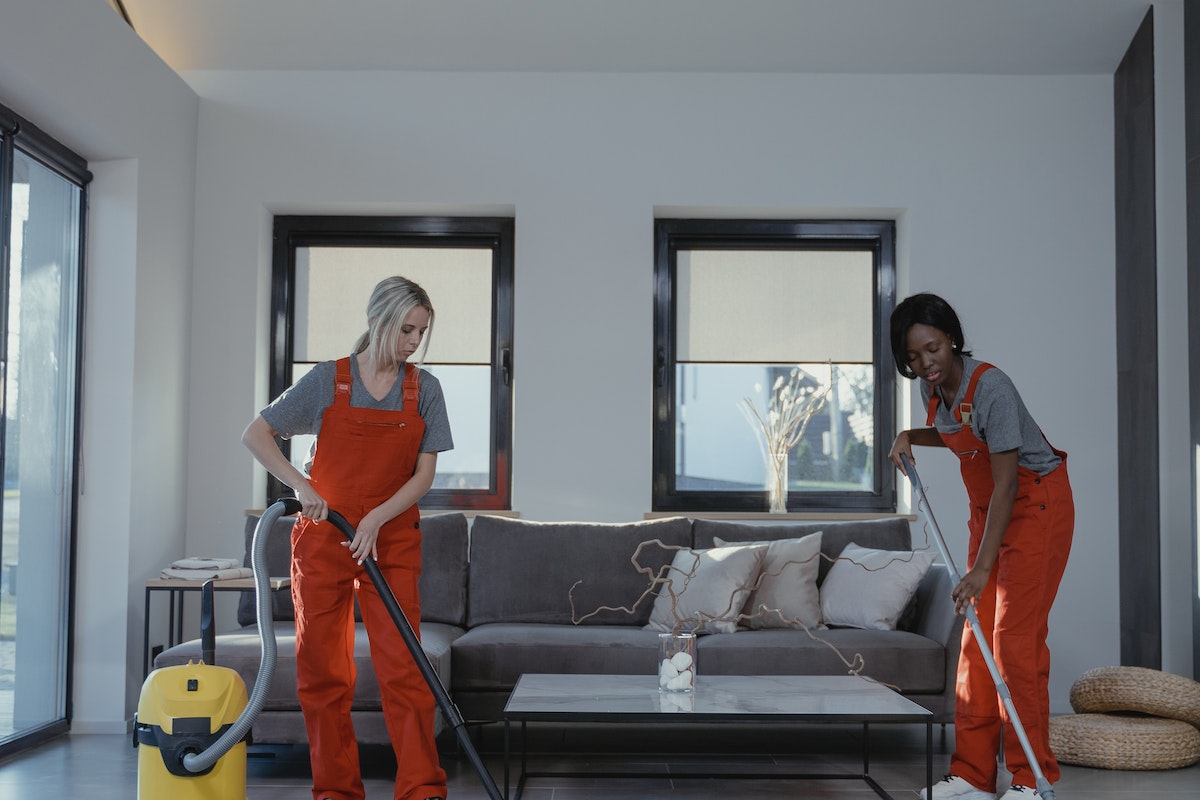Water pressure cleaners, also known as power washers, have become increasingly popular for their ability to quickly and effectively clean various surfaces. From driveways and sidewalks to decks and vehicles, these machines are a handy tool in the battle against dirt and grime.
However, while they can be incredibly useful, there are some significant dangers associated with using high water pressure in cleaning. In this blog, we will delve into the potential risks and explore ways to ensure safe and efficient cleaning practices.
- Property Damage:
One of the most prominent dangers of using high water pressure in cleaning is the potential for property damage. The force generated by power washers can be enough to strip paint, crack concrete, and even shatter windows. Surfaces that are not designed to withstand such pressure can suffer irreparable damage, leading to costly repairs and diminishing the aesthetic appeal of your property.
To mitigate this risk, it’s crucial to adjust the water pressure according to the surface being cleaned. Different materials require varying pressure levels to avoid damage, and using the highest setting isn’t always the best option.
- Injury to People and Pets:
High water pressure can be hazardous to people and pets in the vicinity during cleaning. The force of the water can cause injuries, such as cuts, bruises, or even broken bones. Additionally, the high-pressure stream can force debris and loose particles into the air, potentially hitting anyone nearby.
To prevent accidents, always keep a safe distance from the power washer while it’s in use and avoid directing the water spray towards people or animals. Wearing appropriate protective gear, such as safety glasses and gloves, is also recommended to reduce the risk of injury.
- Environmental Impact:
Using high water pressure in cleaning can have adverse effects on the environment. The excessive water consumption associated with power washers can strain local water resources, particularly during periods of drought. Additionally, the runoff water may contain pollutants, chemicals, and detergents that can harm aquatic life and contaminate water bodies.
To minimize the environmental impact, consider using water-saving nozzles or eco-friendly cleaning solutions. Also, aim to redirect the runoff water away from storm drains and natural waterways to prevent contamination.
- Damage to Delicate Surfaces:
Certain surfaces, like delicate wood or soft stone, are particularly vulnerable to high water pressure. The forceful stream can erode and damage these materials, leading to irreversible harm.
When dealing with sensitive surfaces, opt for lower pressure settings or consider alternative cleaning methods that are gentler and less likely to cause damage.
Conclusion:
High water pressure cleaners undoubtedly offer great cleaning power, but they come with inherent dangers that must be respected and addressed. Property damage, injuries to people and pets, environmental impact, and damage to delicate surfaces are among the potential risks associated with using power washers irresponsibly.
To ensure safe and efficient cleaning practices, it’s crucial to adjust the water pressure according to the surface being cleaned, wear appropriate protective gear, and maintain a safe distance from the machine during operation. Additionally, using water-saving nozzles and environmentally friendly cleaning solutions can help mitigate the environmental impact.
By being aware of the dangers and employing best practices, we can harness the power of high water pressure cleaning while safeguarding our property, ourselves, and the environment.

